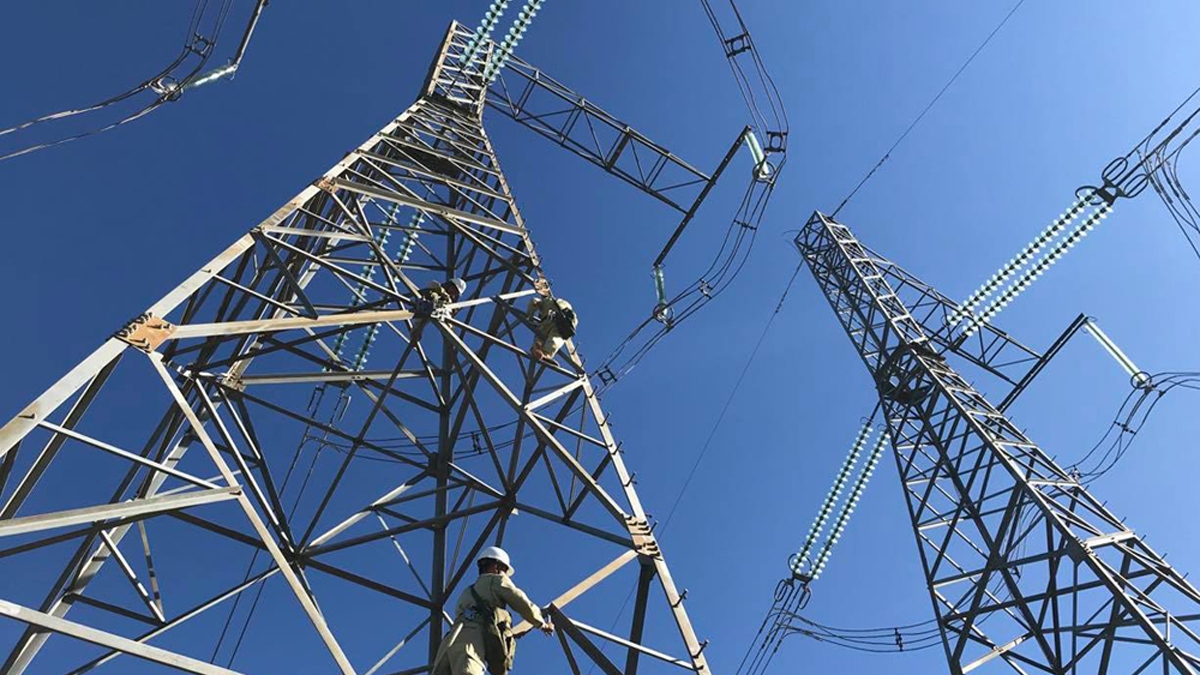
The Workshop on “Sustainable Energy Development in Vietnam” was held by the coordination of the Standing Committee of Congress on Science, Technology and Environment (SCSTE), Vietnam Union of Science and Technique (VUSTA), GreenID, WWF, CEWAREC, SE and SSNC on December 11, 2012, in Hanoi Club Hotel.
Mr. Tran Viet Hung - Vice President of Vietnam Union of Science and Technique (VUSTA) and Mr. Le Quang Huy - Vice President of the Standing Committee of Congress on Science, Technology and Environment (SCSTE) co-chaired the Conference.
The Workshop was organized with aim to: Share information between stakeholders about Sustainable Energy Development in Vietnam; Create a forum for discussion among stakeholders on the challenges for sustainable energy development in Vietnam now.
The Workshop consists of 3 main sessions:
Session 1: Energy sector in Vietnam
Mr. Nguyen Duc Cuong - Director of the Center for Renewable Energy and CDM - Energy Institute presented "Overview of Energy Development in Vietnam". The next one is the article "Analysis of energy development policy and energy planning in Vietnam: challenges, gaps and opportunities" represented by Dr. Ngo Duc Lam and the article namely "Energy and Climate Change: spaces and motivation to develop clean and sustainable energy" presented by Dr. Nguyen Quoc Khanh. The mentioned presentations includes analysis before indicating situation on energy demand of Vietnam, as well as analytical statement on Government’s policies for energy development. Mr. Cuong added some detail about 7th power development planning: the current capacity increased by 12.7%/year, but power demand increased 13.7%/year during 2006 - 2010. Electricity demand is expected to increase from 100 TWh to 695 TWh for the period 2011 - 2030. Therefore, the goals of renewable energy development by 2020, wind power capacity: 1000 MW, biomass power capacity: 500mW, other renewable sources: 2700MW and by 2030, wind power capacity: 6200MW, the biomass power capacity: 2000MW, other renewable sources: 5600MW, contributing about 4.5% (2020) and 6% (2030) to the total electricity production in the country. Mr. Lam pointed out some inappropriate in energy management such as: lack of planning, policy of national energy security; the slow transition to the energy market mechanism, inadequate electricity price policy, lack of unified management to national energy systems, ...
Session 2: Share experiences, lessons learned from Denmark, Philippines, Sweden, and Thailand
Denmark had a strategy for efficient energy using and reduction in oil dependence since 1976. During 1980s, Denmark focused on providing energy from different fuel sources and technologies, subsidies for sustainable energy development, especially independent energy producers. Therefore, many wind power private cooperatives have been established. The past 1990s, Denmark has been using biomass and waste for energy production, setting up the National Advisory Council of non-governmental organizations, liberalizing of the European electricity market and focusing on wind turbines development.
The early 1990s saw renewable energy law being promoted by the people organizations in Philippines. This extremely crucial legislation includes numerous progressive points such as: giving investment criteria of renewable energy, green energy options, price policies to encourage renewable energy using, tax reduction on imported equipment, a priority for power generated from renewable energy.
Since 1973s, the Swedish government wanted to reduce the dependence on oil (imported), encouraging the use of domestic fuels. Over two nuclear disasters in 1979 and 1986, Sweden had policies on the use of renewable energy. Today, Sweden has developed extensive use of wind, biomass, biogas energy, heating system...
After the global oil crisis in 1973, Thailand had policies on efficient energy usage and renewable energy usage by market orientation and subsidies: tax incentives, investment cooperation, flexible loans ... at the same time, issuing decrees regulating energy conservation and building orientation. Thereby, Thailand also showed its experience in guiding the development of renewable energy usage, in which: the time frame is very important; Understanding about the global and national socio-economic context is perfectly crucial to advocacy at all levels; bottom-up approach will only work if it is launched by the top-down decision.
Session 3: Heading towards sustainable energy development in Vietnam
At the workshop, Mr. Nguyen Tien Long – Deputy Director of CEWAREC also presented provincial planning of Tien Hai District, Thai Binh, which piloted in two communes namely Nam Cuong and Bac Hai.
In Nam Cuong commune, long-term goal of the project is to reduce risks to people’s health, especially women and children. Thus energy plan (2012 - 2016) brought out the specific objectives: To improve the quality of clean water supply in combining with use of locally available energy resources; To improve environmental quality, especially the air and waste issues; To reduce energy expenditure from 12% to 8% of total income in 2016, and lower the risk of power shortages in the future.
Meanwhile, in Bac Hai, the long term goal of the project is to build a healthy living environment in society and towards the surrounding community. Energy Plan (2012 - 2016) was also divided into smaller goals: increase household income through activities related to energy sources, generally by increasing retained earnings in the expense for energy up from 6% in 2011 to 12% in 2016; Improving efficiency in terms of waste using, handling and managing by application of sustainable energy solutions which focus on household waste, livestock waste and agricultural waste.
In the conclusion of the talk, Mr. Le Quang Huy - Vice President of Scientific Standing Committee made some recommendations for the development of renewable energy sources and energy efficiency in Vietnam:
- To promote to complete legal system and policy on supporting and encouraging renewable energy usage in the community through the Energy Law, Environmental Protection Act;
- To propagate to every citizen about the efficient and economical energy usage; to label all energy consuming devices circulating in the market;
- To encourage the development of green building model using renewable energy and saving energy, especially pilot models prioritized to deploy in the mass of governmental agencies and ministries across the country;
- To give preferential regarding corporation income tax, interest, land use levy as factory premises for renewable energy specialized businesses;
- To give partly support or low interest loans for investors using energy efficiency and renewable energy systems.
- Specifically, one of the emergency is that Government should promulgate policies, grid-connected electricity price list for power systems, renewable energy to households and businesses.
(Department of Information & Statistic Division – Disater Management Center)

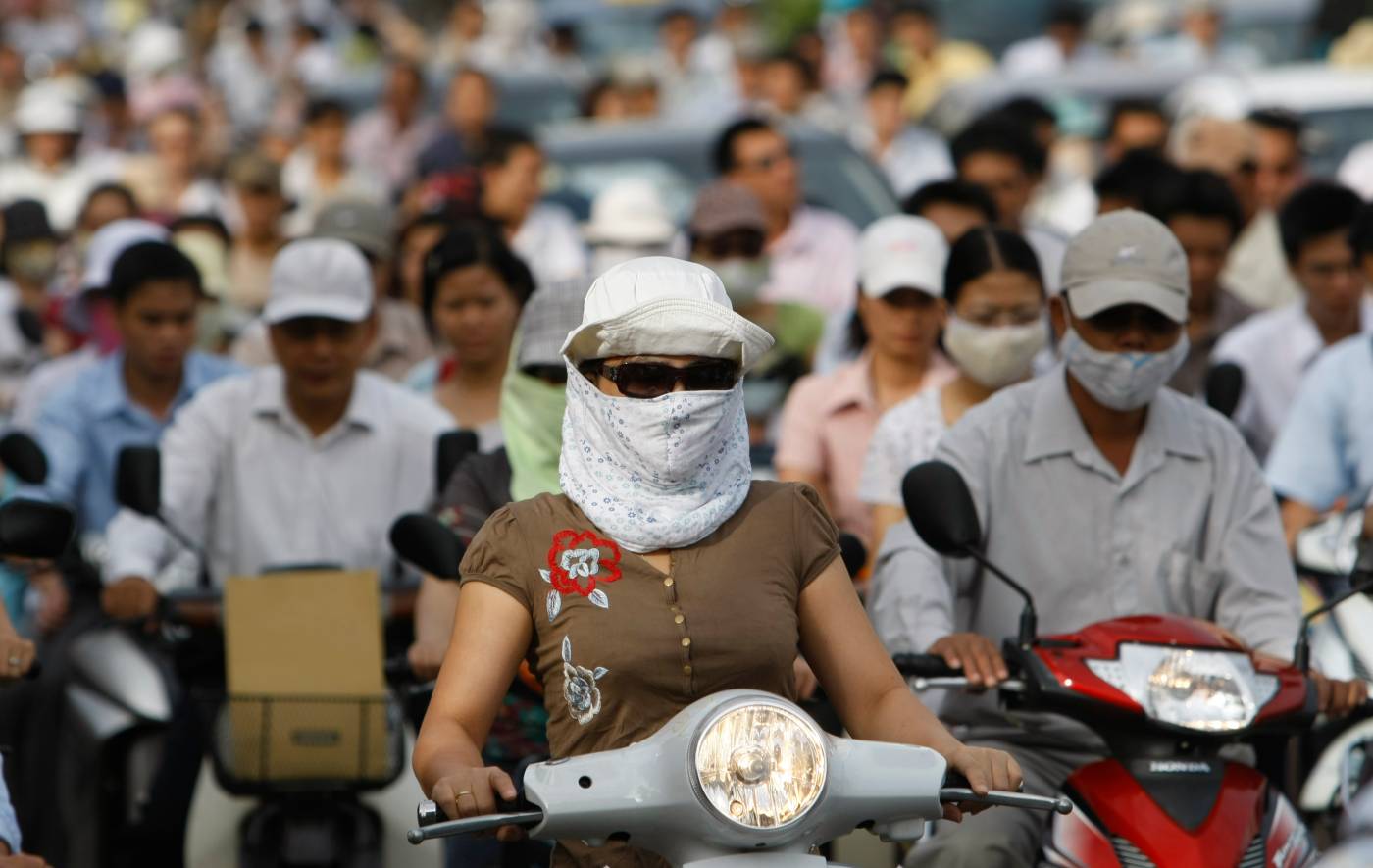
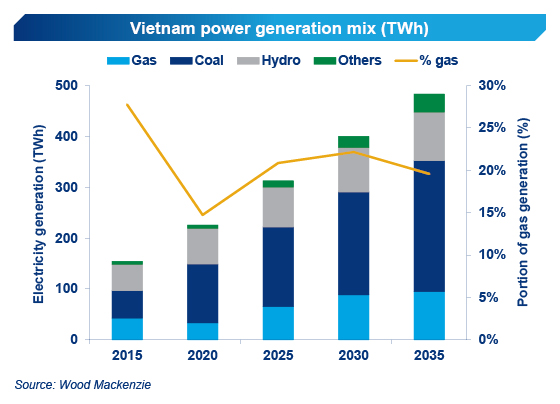
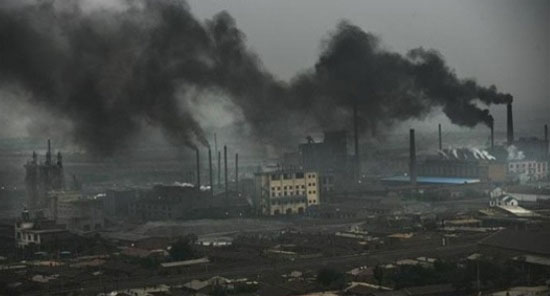
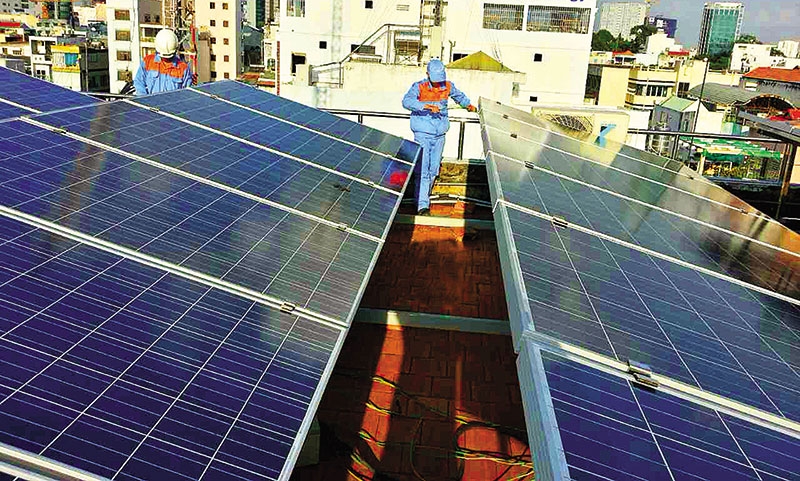
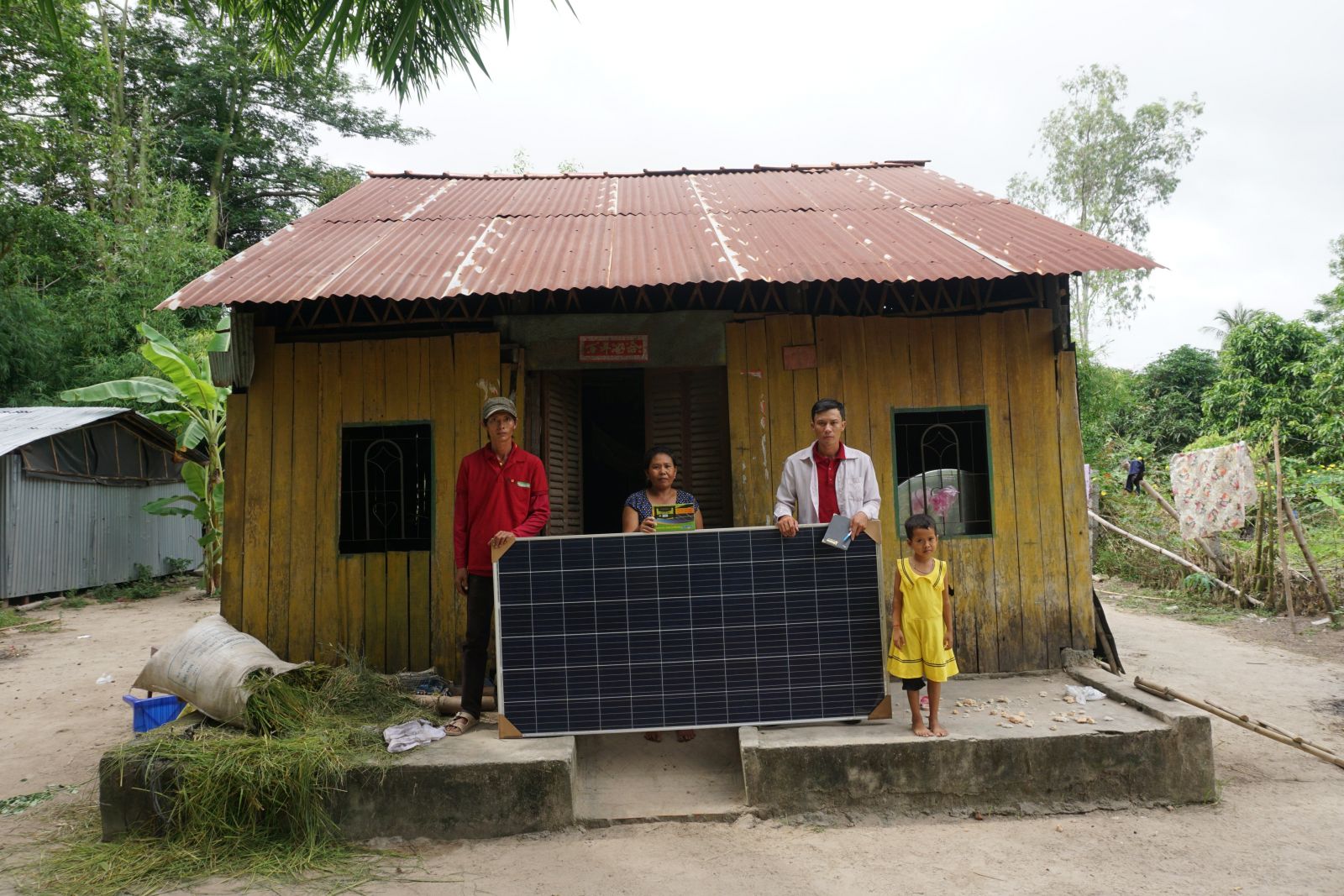

.png)
